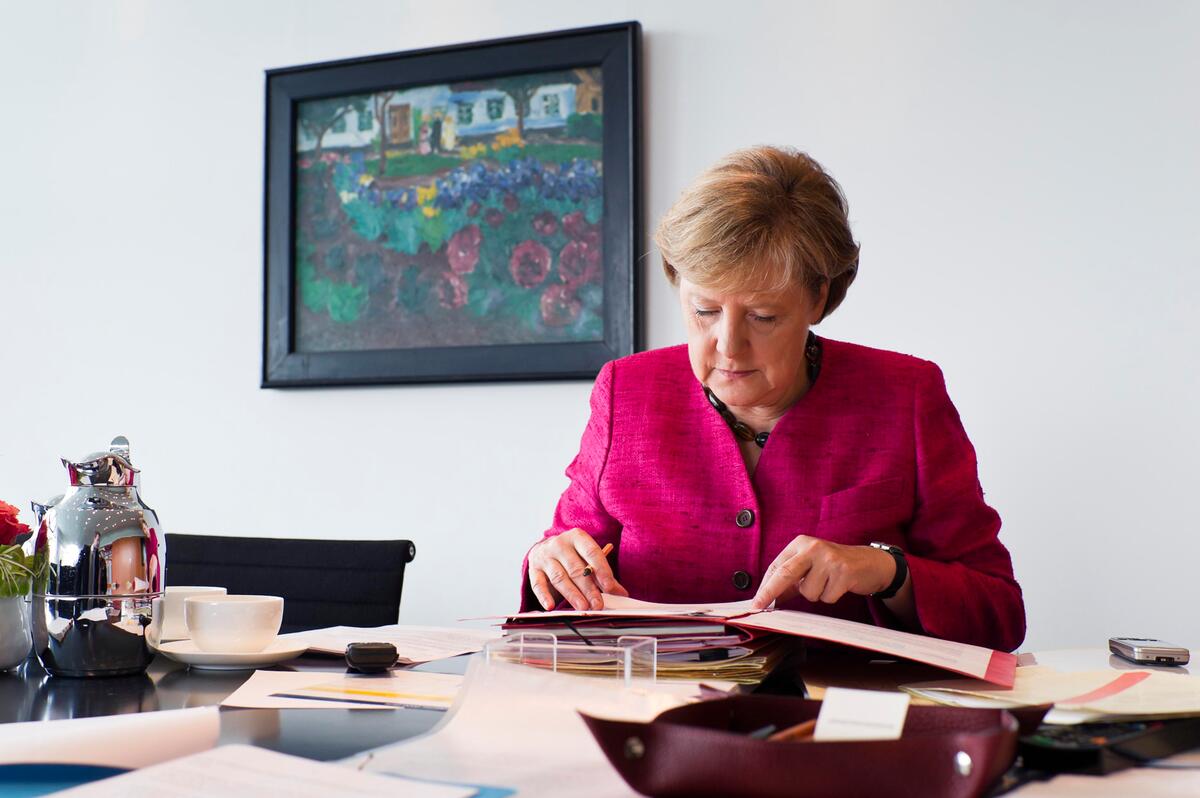Chinese star Yao Chen turns cameras onto Syrian refugees in Lebanon
Chinese star Yao Chen turns cameras onto Syrian refugees in Lebanon

TYRE, Lebanon, May 21 (UNHCR) - At home in China she is a film star, but in her three-day visit to Lebanon, Yao Chen is turning the cameras round to capture the suffering of Syrian refugees and help spread awareness about their plight.
On Tuesday, the UNHCR Goodwill Ambassador spent a day with some of those who have fled bombing and destruction in northern Syria and found shelter in the settlement of Ras el-Ein, near the southern Lebanese city of Tyre. Here, families crowd into makeshift tents or ramshackle apartment blocks without running water.
Chen, 34, is making a documentary about the experience that she will post on her Weibo account - China's version of Twitter. She hopes to remind her 68 million followers about those who have lost everything in the struggle to escape war.
"My job is to pass the message," she told UNHCR staff. "I don't know about other countries, but in China, people living in peacetime only have a vague idea of what it means to be a refugee."
More than 330 refugees live in Ras el-Ein, where many of the young men and women wake up before dawn each day to look for work in the nearby banana plantations and vegetable fields. Those who are hired make US$5-US$7 per day.
The Chinese superstar sat with Ibrahim, 41, and his wife Shams, 31, along with their five children in their small apartment. Shams, a housewife who used to make wall decorations for a living, now decorates her home in Lebanon with plastic flowers made from old garbage bags.
The couple, who originated from Aleppo, told Chen they fled because they did not want their children to grow up witnessing war. They crossed to Jordan from Latakia province in the west more than a year ago after surviving a siege that caused starvation in their area and left them with no food or water for three days.
After sharing their breakfast and handing out Chinese sweets, Chen followed the family to the fields where they work picking cucumbers. She helped the daughters draw water from a well nearby that is used by all the refugees.
She asked each of Ibrahim and Sham's children what they aspired to be. Amal, 11 and first in her class at a second-shift school for refugees, hoped to be a teacher. Mohammed, 16, is learning to be a car mechanic.
Chen, who wraps up her Lebanon visit later today, said she felt a special duty to seek out refugee children. "I want to let them know they are not alone, there are people who love them," she said.
The actress, who is known for her romantic comedy roles and her bold commentary on social media, believes that filming refugee experiences is the key to explaining to her huge fan base the trauma of war.
"You don't need to take a picture of the damage of the war, you only need to take a picture of the refugees' faces and you catch what is in their eyes. The eyes can show you a lot of things... especially children," she said. "Some of them, you can look in their eyes and see there is tragedy in their life."
More than 150,000 people have been killed in Syria's three-year conflict, which has forced millions to flee their homes. Above 2.7 million Syrians have been registered as refugees outside the country, while over 6 million others are estimated to be displaced inside Syria.
Chen asked another refugee mother in the settlement, Wajiha, why she still dreamed of her homeland despite the bloodshed. "Is there anything more precious than one's own nation?" asked the pregnant mother of six, sitting on the bare floor of her tent. Wajiha had lost an infant to a fire in the camp four months earlier.
In four years of working with UNHCR, Chen said she had been inspired by refugee stories, but she found Syrians unique in their determination to regain the lives that were shattered by war. "I can see they have good hopes for the future," she said, adding: "The Syrian refugees have faith… they wish not only to survive, they wish to have a better life."
By Erika Solomon in Tyre, Lebanon












